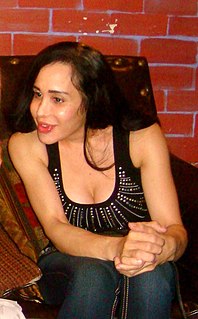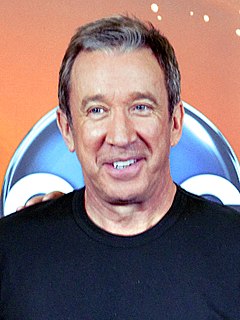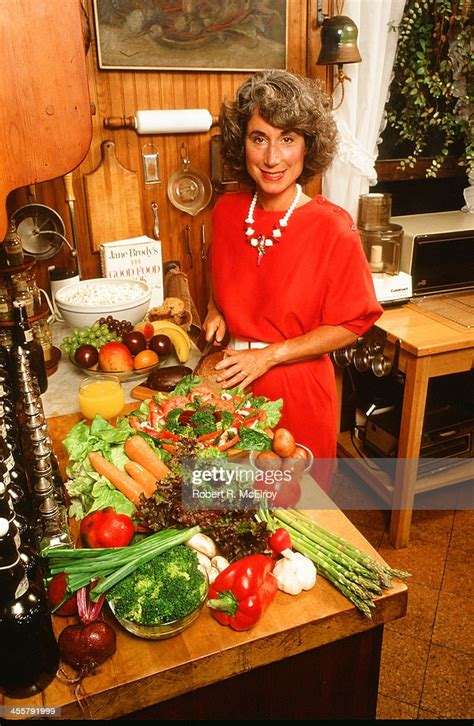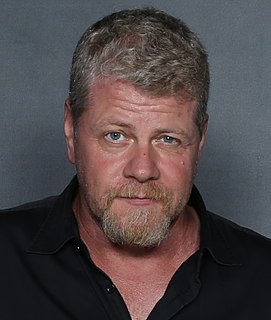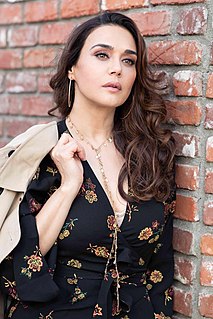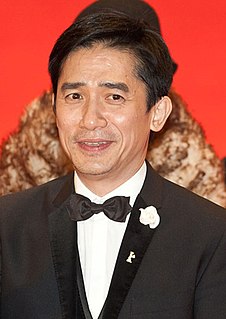A Quote by Nadya Suleman
I was very unconditionally loved and accepted, I felt, by my father.
Related Quotes
I'm sure as an infant, no matter what I looked like, I felt like the most loved kid getting those massages. So I really think that was a big part of my growing and my brain developing. Most of all however, I think it was the love that was given to me unconditionally and I felt that my whole life. It certainly wasn't that my parents always liked what I was doing, even my becoming a doctor, my father preferred I went into business so he could help me, but I wanted to be a doctor.
I think FDR was very dashing and charming and debonair, and probably reminded her of her father. A great bon-vivant. He loved to party. He loved to sing. He loved to have fun. And he wrote beautiful letters, just as her father did, which - alas and alack - Eleanor Roosevelt destroyed. But she refers to his beautiful letters. And she was charmed by him.
'East of Eden' is an important story for me. It's about a kid that's misunderstood and feels like he's not loved by his father. It's a very father-son kind of story, and it's not until the end that they sort of make up. I like that because every boy has trouble with his father, so it's very relatable.
To be motherly is a totally different phenomenon. It is something absolutely human; it transcends animality. It has nothing to do with biology. It is love, pure love, unconditional love. When a mother loves unconditionally - and only a mother can love unconditionally - the child learns the joy of unconditional love. The child becomes capable of loving unconditionally. And to be able to love unconditionally is to be religious. And it is the easiest thing for a woman to do. It is easy for her because naturally she is ready for it.
